We believe in small businesses, the backbone of any economy
We need a Royal Commission into retail shopping centre development and retail tenancies in Australia
We, Australians, small business retailers, suppliers to small business retailers, local towns, all of us need a Royal commission into retail shopping centre development in Australia and the behaviour of shopping centre landlords.
There is enough evidence to indicate that an appropriately skilled and resourced Royal Commission could uncover behaviour that is illegal and harmful to our economy and small businesses and families that rely on the small businesses.
I appreciate that the areas I think the suggested Royal Commission cover are broad and could be better served as two investigations. However, the two issues feed into each other. I think they are best considered together.
WHAT IS A SHOPPING CENTRE?
For the purposes of my proposal, I suggest that a shopping centre is a retail development with fifteen or more shops of any size.
While I am sure there is misbehaviour to consider in smaller centres, for management and focus, a threshold of fifteen tenancies, or similar, is needed. Otherwise, any Royal Commission would run too long and cost too much.
RETAIL SHOPPING CENTRE DEVELOPMENT.
This is the beginning of the issue. Whereas in the US and other countries growth in retail tenancy space is flat or declining, in Australia it continues to grow. Some say we already have far more shops that the population can support.
In regional and rural locations the challenge is that a new centre is usually located outside town and its development can gut the centre of town, diluting or killing off the heart of a small town.
In some cases, mid-size centre development tis driven by competition by the two major supermarkets and aided and abetted by several other anchor tenants and supported by Tatts keen to be in all new centres.
- Do we need more shopping centre space?
- Should there be controls on approving this?
- What is the economic impact of the current growth in retail space in Australia?
- What is the social impact of the current growth in retail space in Australia?
- What is the impact, specifically on small business retailers of the growth in retail space?
LANDLORD BEHAVIOUR.
Talk to any small business tenant in a shopping centre and they will have at least one landlord story that causes them stress.
There is the landlord who did a handshake deal with a party that was negotiating to buy a business. the landlord squeezed and the family business closed. The new tenant moved in without paying goodwill.
There is the landlord that took too long on centre re-develoopmnent, making decisions that saw a 50% drop in shopper traffic, and refused any compensation for retailers.
There is the landlord that permits one sore to be on a % deal where they pay 9% of turnovers in rent with a shop next door not able to have such a deal and managing and occupancy cost of 32%.
There is the landlord that strong-arms retailers verbally, never in writing, never in a way that can be used against them.
There is the landlord that takes a marketing levy every month and spends this on activities that offer no benefit whatsoever to retailers.
There are hundreds of stories.
The Royal Commission needs to listen to stories, all stories. Tenants need to be able to do this confidentially as the fear of reprisal by landlords is real.
- Do landlords act unlawfully?
- Do landlords treat retailers differently?
- Do landlords act in secret knowingly harming small business retailers?
- Do landlords abuse funds they collect from retailers for marketing?
- Are landlords fulfilling their obligations in terms of bringing traffic to shops in their centres?
- How are the various roles of employees paid in landlord businesses? What are their incentives?
There are many other questions to answer. My goal here is to kick off the discussion.
WHY?
Too many families are losing their businesses, homes and other assets. Too many small business operators are having their personal situations, including health, negatively impacted. Too many small business operators are losing their life. Yes, this issue is that serious.
Small business retailers feel helpless. They want their business. It has been their life’s work. They fear without it they will have nothing. This can see them agree to a lease that is at its very foundation doomed inappropriate for their business.
Landlords have the upper hand. They are in control. Too many people in landlord businesses are bullies and aware of how to bully without being caught.
The best way to resolve this is to shine a light. Only a Royal Commission c an have the authority and power to do this.
I get that Royal Commissions are popular right now. This suggestion, however, is important given that those most impacted are also those most vulnerable – small businesses, run by families. Were are told small business is the business backbone of our country. However, there is evidence to suggest that small business retailers are disadvantaged in terms of shopping centre development and retail teensy negotiation.
Here at Tower Systems we only serve small business retailers with our POS software. In our view, small business matters. This is why we support the push for a Royal Commission into shopping centre development and retail tenancies.
This post first appeared on a blog last week in a post by the CEO of Tower.
Tower Systems support small business
Tower Systems is proud to help small Aussie retail businesses grow
We are the best at what we do, because we know Aussie small business | #pos #retail #sales #tower #smallbiz #smallbusiness#local | www.towersystems.com.au
POS software helps with small business retail work life balance
Keep a healthier balance between family and work with local POS software that simply saves you time | #pos #retail #aussie #smallbiz#smallbusiness #sales #tower | www.towersystems.com.au
This is us: Tower Systems, supporting small businesses
This is us: Tower Systems, supporting small businesses
Tower Systems support small business retailers with a consumer education campaign
Here at Tower Systems we go nuts for small business retailers and their businesses
Tower Systems helps small business retailers relax
Great POS software, easy to use yet powerful for specialty retail.
What sets our jeweller software apart from other jeweller software?
Here at Tower Systems we only serve small local retail businesses in selected specialty marketplaces. In this short video we explain why:
Happy Sunday to all our small business friends
Practical advice for new small business retailers
If you are new to owning or running a retail business it is likely that you have been too busy opening the business and settling in to have time to pay attention to basic advice about running the business.
Business consultants and others who advise business owners, too, often get caught up in big picture strategies and themes to deal with the basics.
In the interests of helping new retailers and retail shop mangers, here is a checklist of basic retail business advice, headlines mainly – not too much detail, just enough to remind you of key areas which need attention to build a stronger and more profitable retail business.
This checklist has been developed over the years of us supporting plenty of start-up small business retailers. The list is based on things we often see them neglect or forget.
We have grouped the advice into business areas.
Hiring, training and managing employees
- Create an employee manual with all employee terms and conditions.
- Hire the best employees available.
- Train your employees well. Do this by working with them, taking them into your confidence about the business, what it stands for and what you expect of them.
- Pay employees in a way which respects your faith in them.
- Share the rewards you make from the business.
- Remember, you are more responsible for employee performance than anyone since it is usually you who hire, train, manage and fire them.
Cash
- Cash is king in retail. An unprofitable business with a good cash flow can weather a storm. A profitable business with poor cash flow can fail.
- Have a strong cash management policy.
- Bank regularly.
- Keep little cash on the premises.
- Never let one single employee control the cash. Have checks and balances.
- Keep expenses to an absolute minimum.
- Watch your product margins, make the most from each product you sell that you can without hurting sales.
Inventory
- Buy what sells.
- Use your software to determine replenishment stock.
- Never sell anything without tracking it.
Marketing
- Use all the free touchpoints: receipts, customer display and more in your software.
- Use social media, daily.
Operating costs
- Be frugal.
- Know dead stock as this is too often a big overhead.
Your time
- Automate as much as you can.
- Know how to get data to guide decisions.
- Delegate, with rules.
Too often new retailers and retail store managers look for advice to react to situations. Consider the headline advice in this article early on and revisit it regularly to ensure that you have a strong and healthy business.
How the Tower Systems POS software helps small business retailers compete with big retailers
Tower Systems has the back of small business retailers.
We believe in their value economically and socially to Australia and Australian families.
Small businesses matter.
They give people their start in work.
They are an excellent training ground.
They often pay more tax as a percentage of income than big business.
They serve local communities.
They provide a level of personal service you rarely see in big business.
Here at Tower Systems we only sell our POS software to small business retailers. For the reasons we outline here. This has always been the case with us. We don’t chase big business customers.
Being small business focussed means our customers can trust that we have their backs in our services and in our software. This gives them confidence that the software they purchase from us is for their size and type of business. It means they are not using software that a big competitor also uses. This plays to their point of difference.
Here is what is different for our customers, by purchasing software from our small business focussed POS software company:
- Tower customers have a terrific say in the evolution of our software thanks to a unique transparent process accessible to all customers.
- Tower customers know the names of each person they speak with.
- Our phones are answered by humans.
- Tower customers can speak with anyone on our leadership team, directly.
- Easy access to unlimited training opportunities.
- Accessible user meetings.
- Small business marketing advice.
- Small business management advice.
- Small business support.
- Employee theft assistance.
Tower Systems is a small business focussed POS software company. As our motto says, we’re here to help.
How our POS software helps small business retailers reduce the cost of dead stock
Dead stock is dead money for small business retailers. Too often we see businesses where buying mistakes have been made and action has not been taken to correct the situation.
Using our POS software, small business retailers can make better buying decisions. They can buy based on evidence, hard data showing what works, hard data showing exactly what they need to satisfy demand, based on past performance data.
Small business retailers who buy by the numbers, who buy based on data, are less likely to have dead stock challenges in their businesses.
Here at Tower Systems we provide the software with tools to reduce the incidence of dead stock. We back the software with practical advice and help for our small business customers on how to actually use the tools.
It is one thing to sell someone a hammer and another thing entirely to show how to best use the hammer for safety and efficiency. That is what we do but here the hammer is our smart POS software.
Our goal is to stop the dead stock problem before it is a problem, before the business purchases stock. This can be done as we can show in many businesses with which we engage regularly today. We can show it in our own shops where we use our advised principles to reduce the incidence of dead stock and thereby save the businesses significant costs compared to others.
We work with retailers, retail business employees and suppliers on a range of tech and business solutions to ensure that dead stock is minimised, to provide commercially sound outcomes for small business retailers such that the cost of dead stock reduces in businesses with which we engage.
Our POS software is part of the solution. Training is another. Business management processes are another. Together we combine these and offer our partner small business retailers a solution on which they can rely to achieve better outcomes for themselves and their businesses.
The how, the real nuts and bolts of how are a discussion for a more private place as it is part of our IP, something that separates us in how we have the retailers who use our POS software and who rely on our support and business assistance services.
Tower Systems helps make small businesses stronger
Through our POS software.
POS software that helps small business retailers connect with the community
POS software that helps small business retailers stand out
Small business retail optimism in 2017
Free marketing tools for small business retailers
Click here for no fuss access. We don’t ask for your email. We don’t track you.
Small business marketing help
How Australian politicians fail small businesses
Here we are 100 days from the last federal election and not much has changed for small business.
The words from the campaign about the importance of small business to the Australian economy appear to have been forgotten as politicians prefer to fight each other over issues of little relevance to everyday Australians and small business owners.
Take the issue of Australian banks. Small business owners are treated appallingly by by the big four banks. There are countless stories of shocking service and unfair practices yet the government refuses to establish the mechanism most Australians want for these issues to be considered – a Royal Commission.
Take the issue of red tape. We recently wrote to federal and state ministers responsible for an area related to one o our specialty software packages. In our letter we noted each state and territory has different requirements for what should be a national matter. We received responses from all the minister offices and not one letter progresses the matter – leaving small business owners navigating arcane and time –consuming red tape for the sake of red tape.
We could go on.
What we want is politicians who are true to their word, politicians who deliver opportunities for improved efficiency to small business, politicians who demonstrate through legislation that they actually believe small businesses are the backbone of Australia.
Right now, it seems to this small business that politicians are all talk and no action.
Sunday small business retail advice: everyday marketing for small business retailers
We get to see many different retail businesses in in our work and along the way we pick up ideas that work particularly well. Here is a selection of everyday marketing tips we see working in almost any business.
- Always have a value-proposition offer just inside the entrance to the business. This should be a double-sided offer, one they see as they enter and as they leave.
- Always have an appealing impulse purchase offer at the counter. Change this weekly. Use the opportunity to learn more about what your customers will purchase on impulse.
- Always know your top selling item in the store and always place products next to the top selling item thoughtfully, to leverage the eyeballs looking for and at the top selling product.
- Run a generous loyalty program where the value is understood. This probably means not using points.
- Create stunning window displays people would not expect to see in your type of business.
- Offer multi-buy opportunities unlocking savings for people purchasing more than would be usual in a single visit.
- Be brief in talking to customers about your products on social media: a single product per post. Two sentences. Short sentences. Make the post appealing beyond you trying to promote your business. Entertain them.
- Send customers a card for special occasions, a personal card to reinforce the personal relationship you have with them.
- Change the front two metres of your shop weekly, keep it fresh for your customers and your staff.
- Unpack and price products on the shop floor and not in the back room or outside of shopper view.
Our goal with this list is to give you ideas you can use right away as well as ideas that will get you thinking of your own ideas.
Go for it. Remember, if you do next week what you did this week you cannot expect any growth. Growth only comes from change.
When it comes to POS software for your small business, the solution is personal
Tower Systems is a personal software company that partners with its retail customers. Our success is thanks to open lines of communication and close relationships with our clients. You too can benefit from personal POS software. Here is a two-minute video where we make our personal pitch:

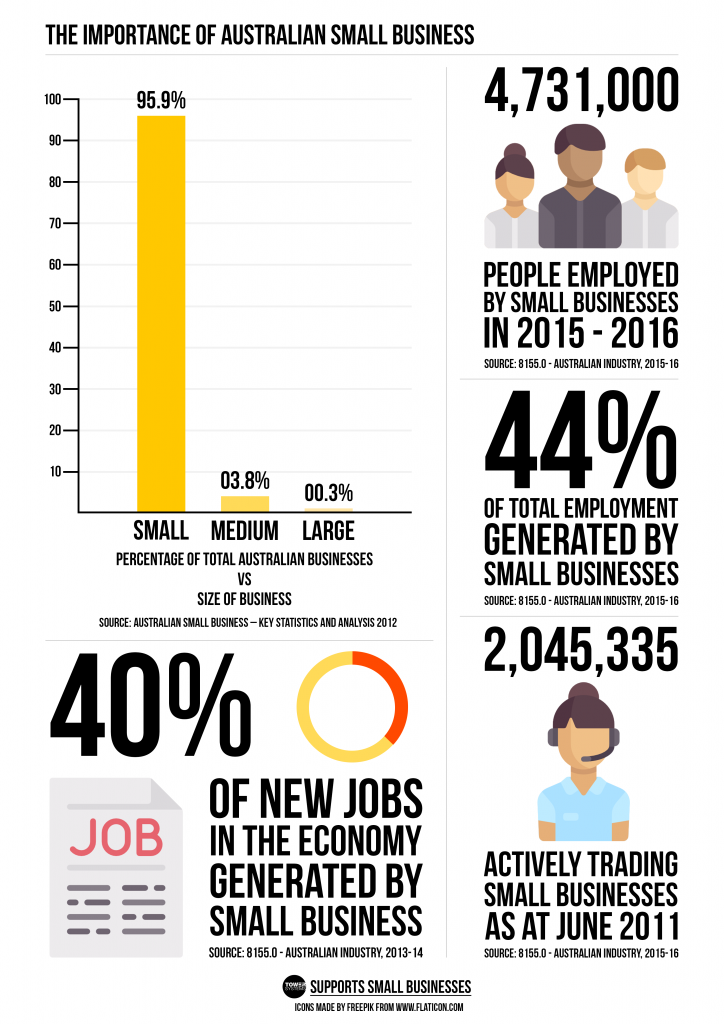
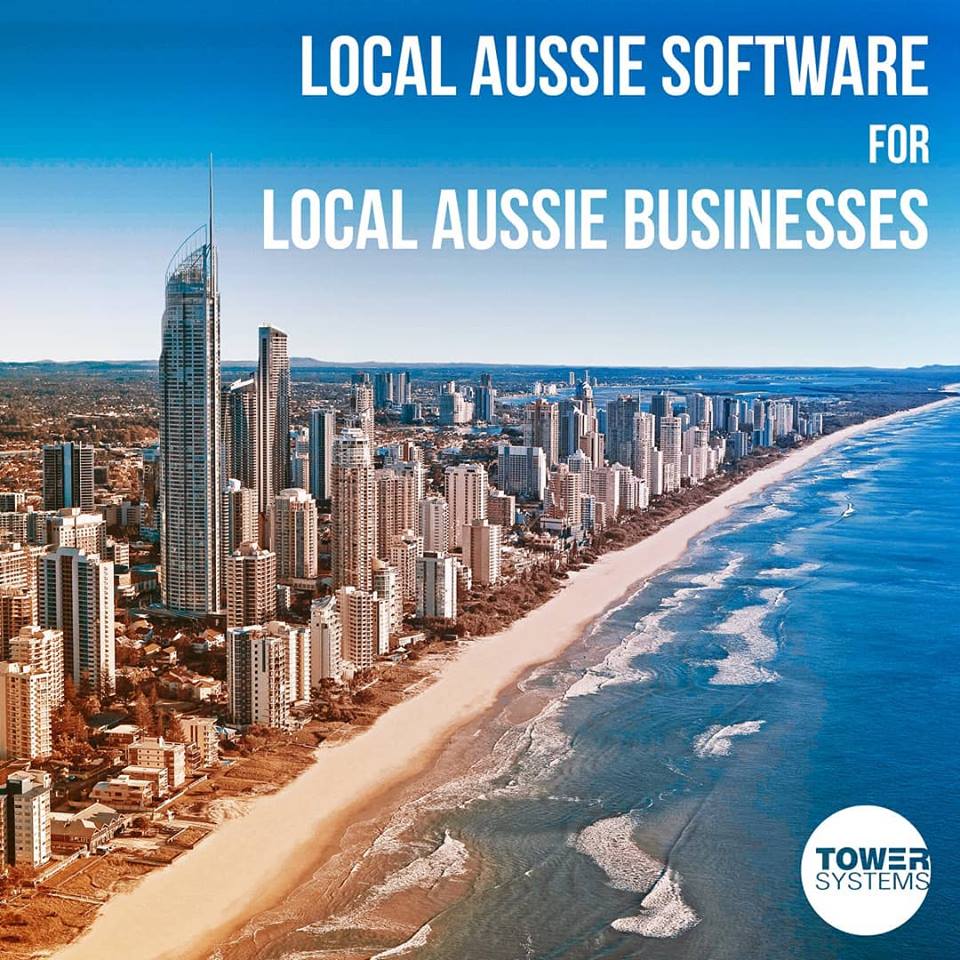
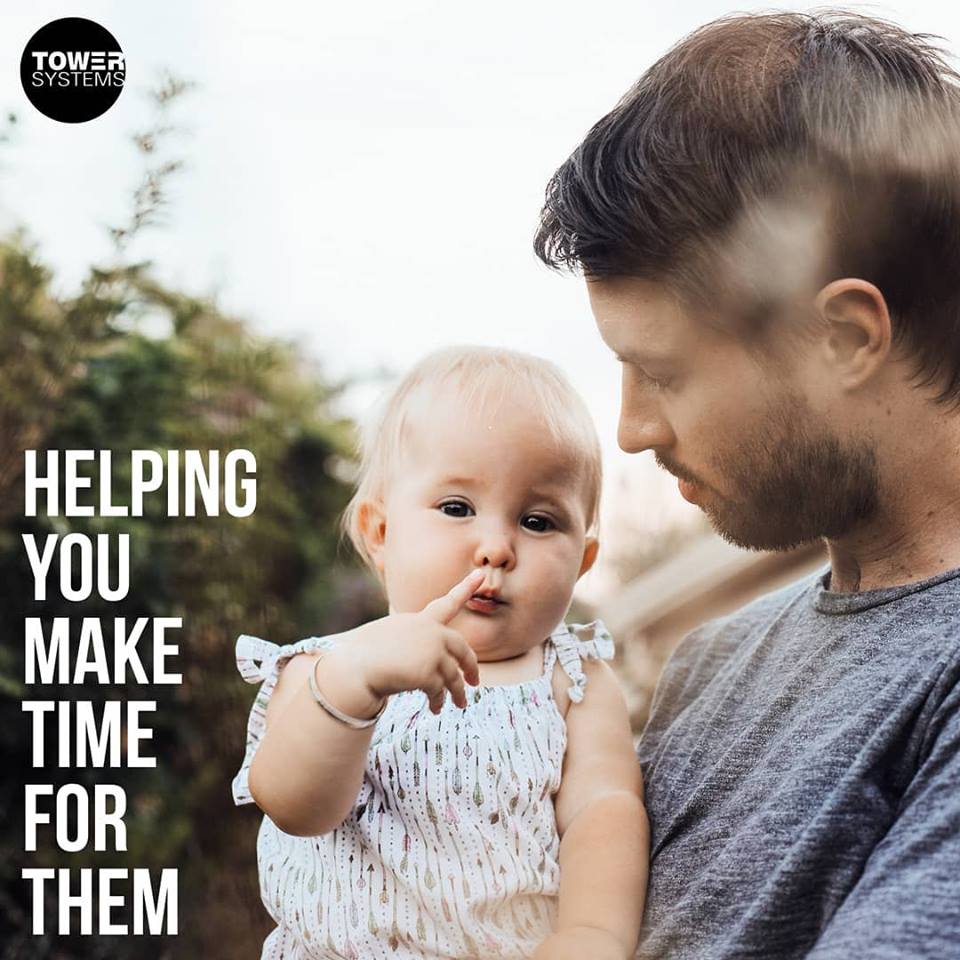
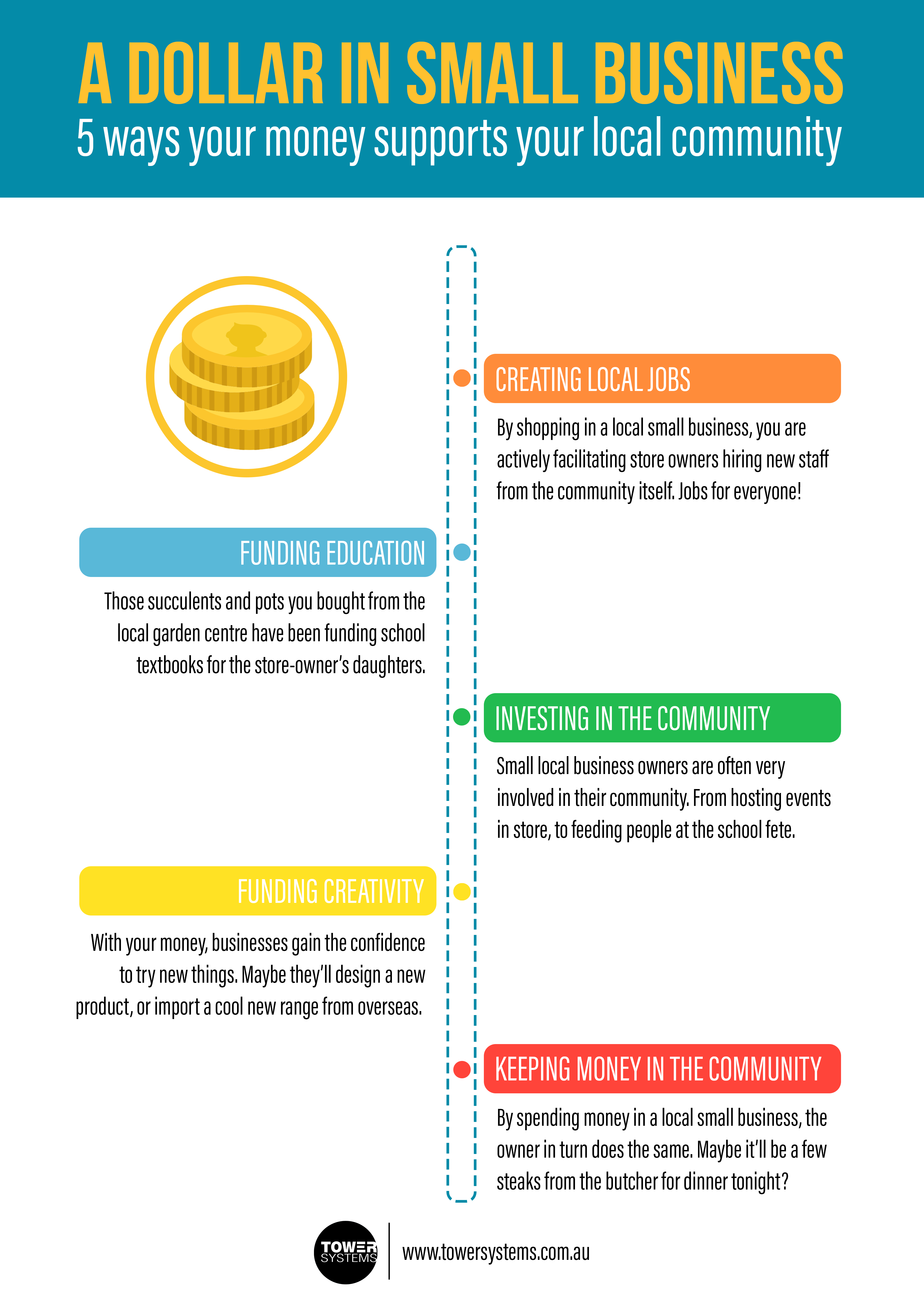
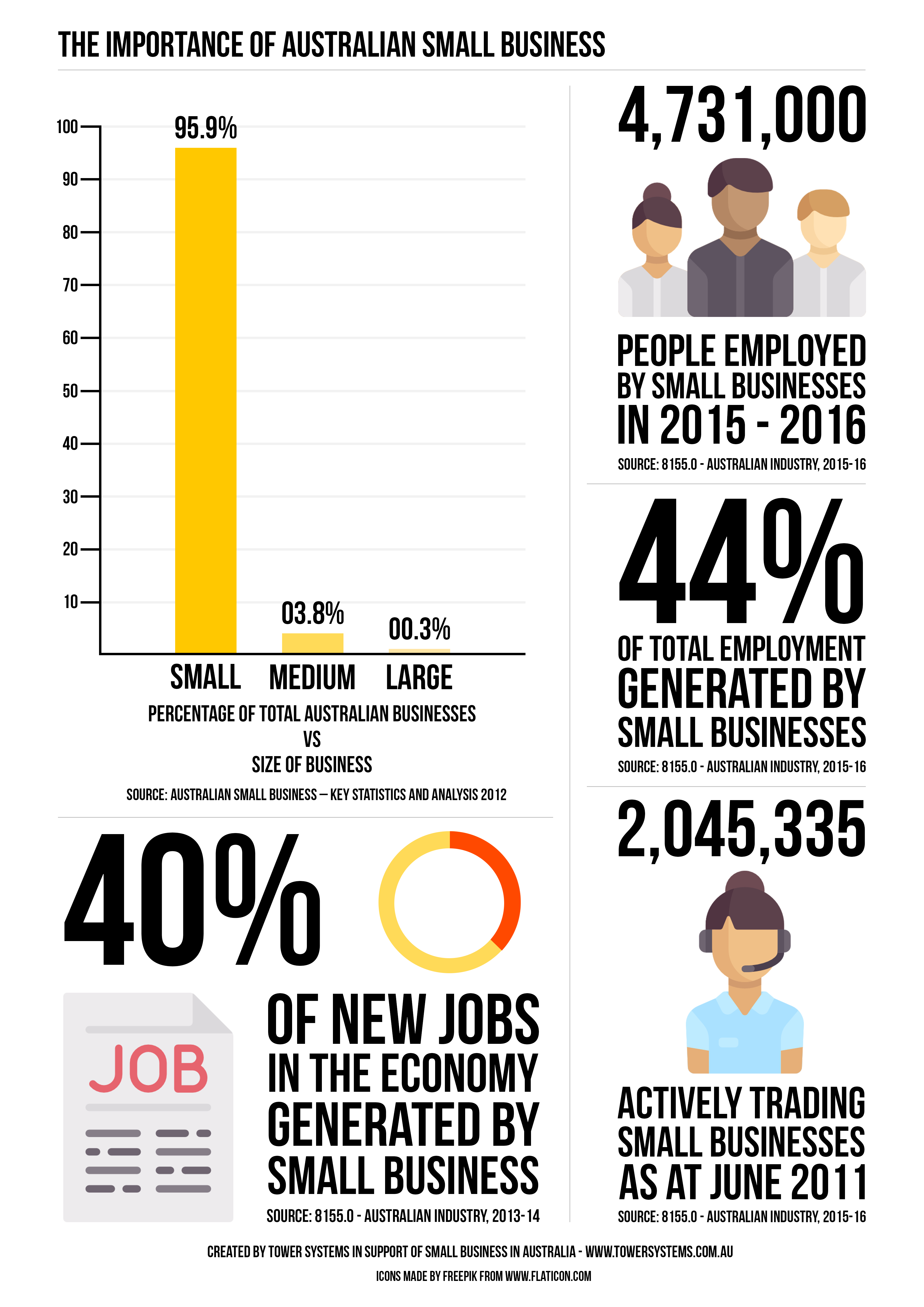



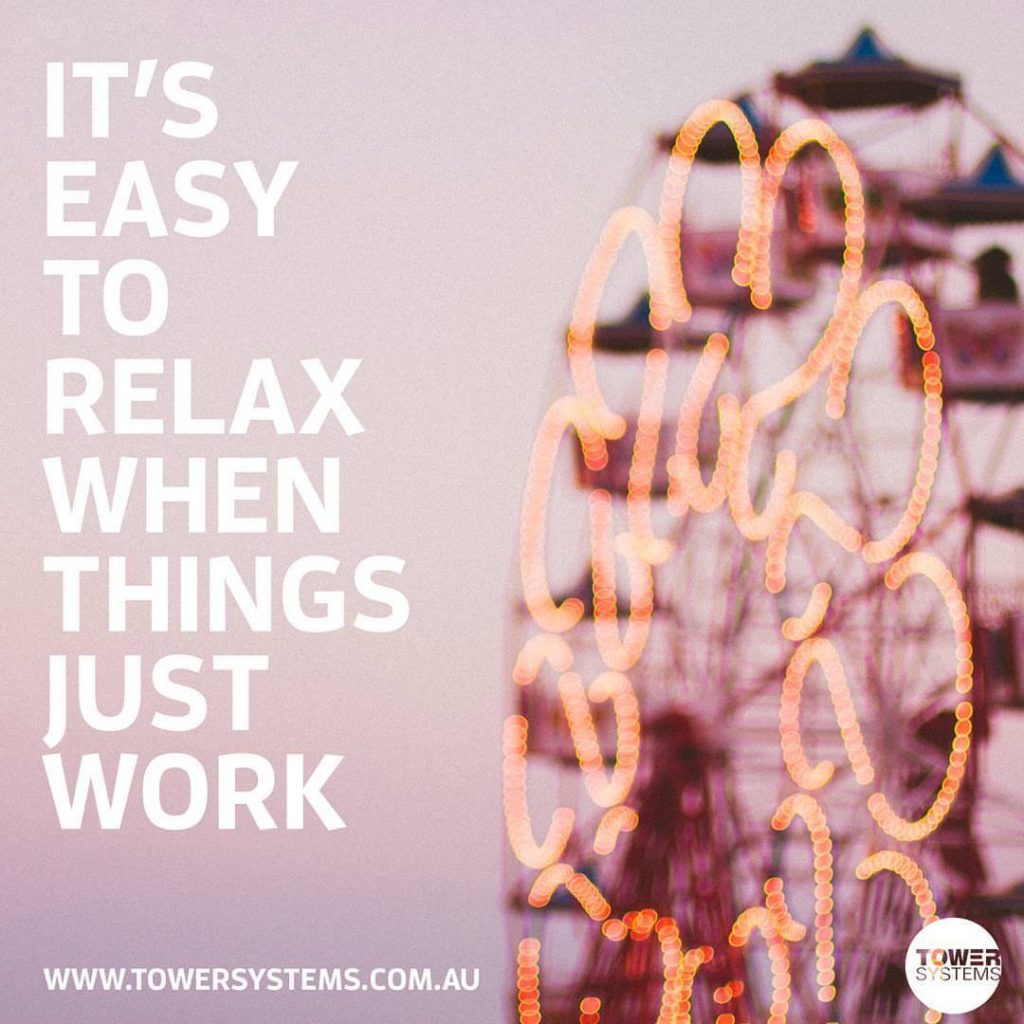

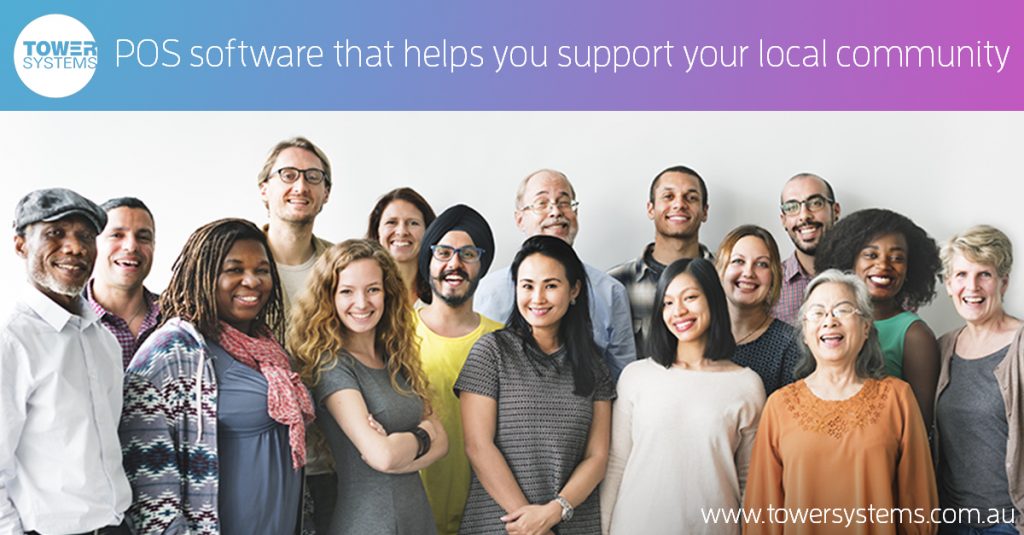


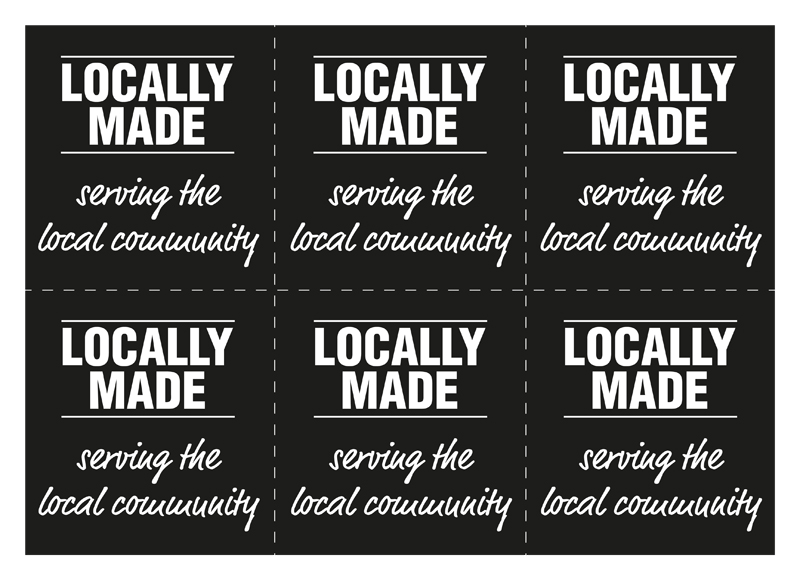

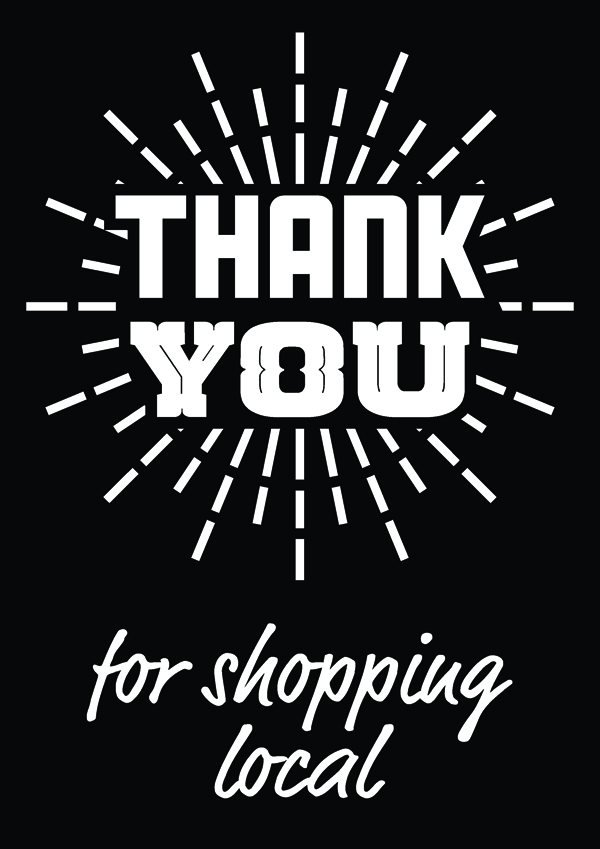
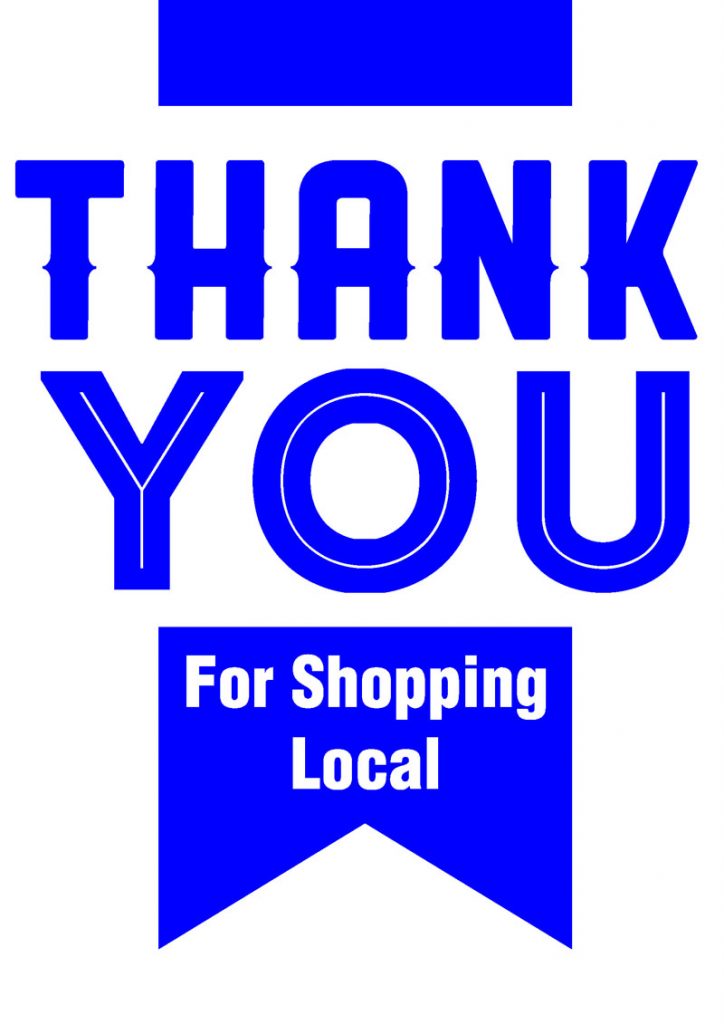
Recent Comments